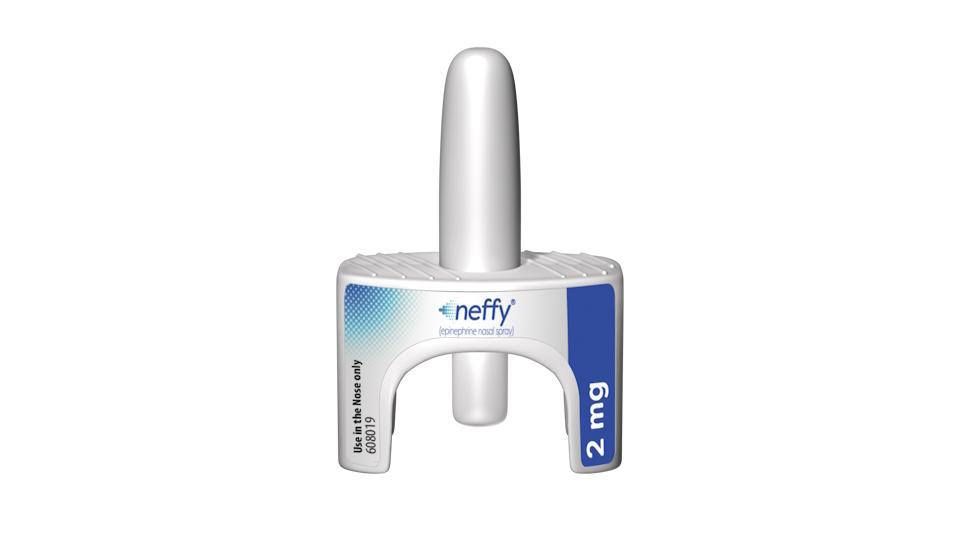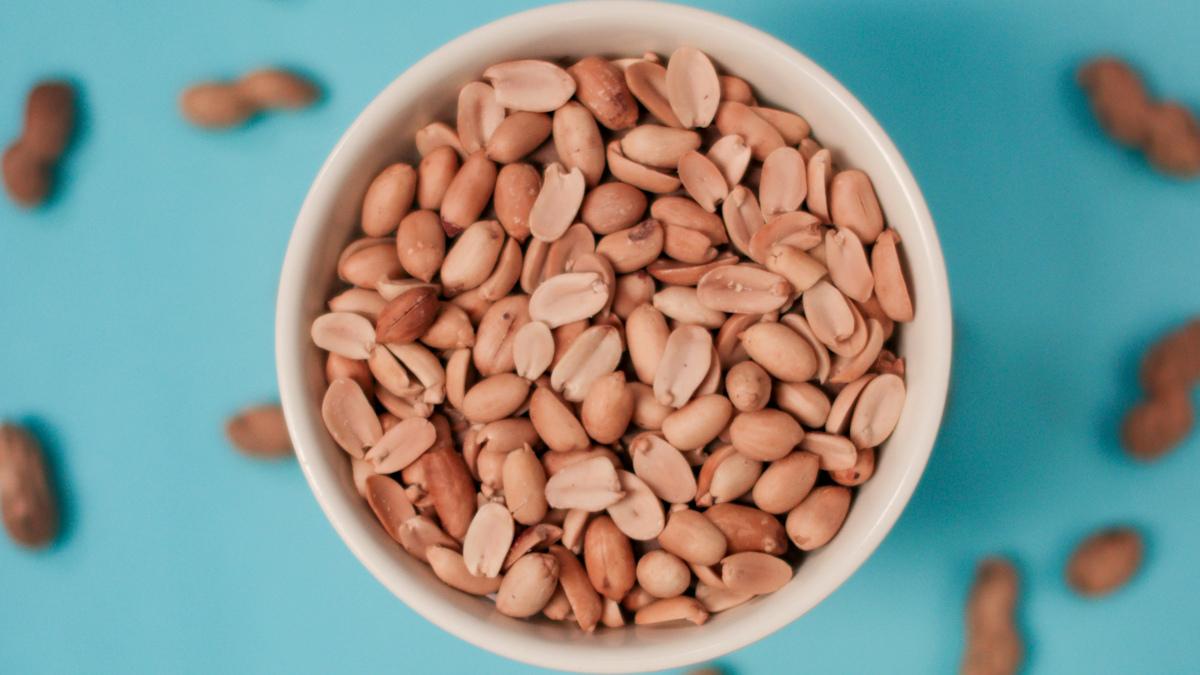FDA clears first anaphylaxis nasal spray at second attempt

ARS Pharma has claimed FDA approval for its epinephrine nasal spray neffy, becoming the first needle-free alternative to EpiPen-style autoinjectors for serious allergic reactions.
The green light comes almost a year after the US regulator turned down ARS' first marketing application for the product, asking to see the results of a repeat-dose study, even though its own expert advisors voted in favour of approving the drug at an earlier advisory committee meeting.
ARS refiled the drug in April, and the decision has come several weeks earlier than the FDA's deadline.
neffy has been approved for use in adults and children weighing 30 kg or more for the emergency treatment of allergic reactions (type I), including those that are life-threatening (anaphylaxis). Up to 2% of people in the US are thought to have a lifetime chance of having anaphylaxis.
It becomes an alternative to epinephrine injections, such as Kaléo's AUVI-Q and Viatris' EpiPen – which dominates the market for emergency medications for anaphylaxis – or its generic equivalents. All told, the US market for emergency-use epinephrine products is valued at around $1 billion a year.
"Anaphylaxis is life-threatening and some people, particularly children, may delay or avoid treatment due to fear of injections," said Kelly Stone, associate director of the division of pulmonology, allergy and critical care at the FDA's Center for Drug Evaluation and Research (CDER).
"The availability of epinephrine nasal spray may reduce barriers to rapid treatment of anaphylaxis. As a result, neffy provides an important treatment option and addresses an unmet need."
The new approval is based on four studies in 175 healthy adults, without anaphylaxis, that measured epinephrine concentrations in the blood after administration of the nasal spray or approved epinephrine injections and showed comparable levels between the groups.
neffy is given as a dose into one nostril, and a second dose can be administered into the other nostril if that isn't sufficient to improve symptoms. The injectable products are also cleared for up to two doses. Labelling warns that certain nasal conditions, such as nasal polyps or a history of nasal surgery, may affect the absorption of the new drug.
ARS said it will launch the product onto the market within the next couple of months and – for patients with insurance – the price will be $25 for two single-use devices. It is also available at a cash price of $199 for those who do not have insurance coverage, and both prices could represent a significant reduction on injectable alternatives.
Mylan came in for considerable criticism for raising the price of EpiPens from around $100 to more than $600 over the course of a decade, which resulted in the company paying $465 million to settle a dispute with the federal government in 2016 and agreeing a higher rebate for the government-funded Medicaid scheme. Generic EpiPens cost around half the branded version.
Earlier this year, lawmakers in the US introduced a bill seeking to limit the out-of-pocket costs of EpiPens or equivalents to $60 per twin pack for those with employer-based or individually purchased health insurance.
ARS said in a statement that its pricing was part of a "commitment to access and affordability for all patients who need neffy." The company will hold a conference call later today to give an update on its commercial strategy for the drug.












